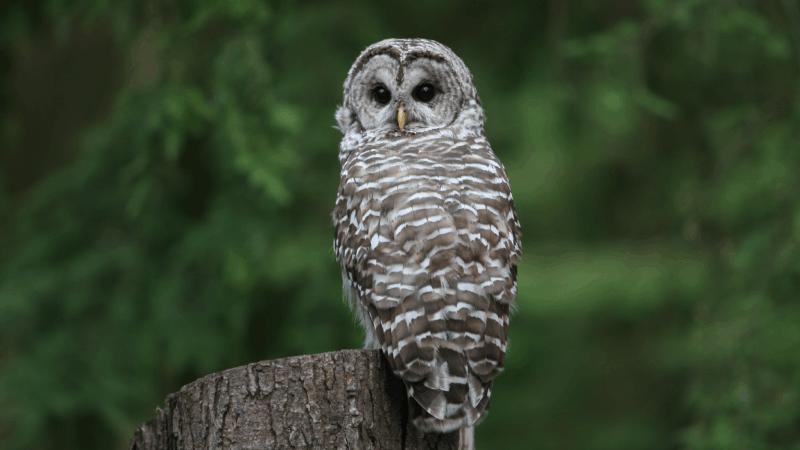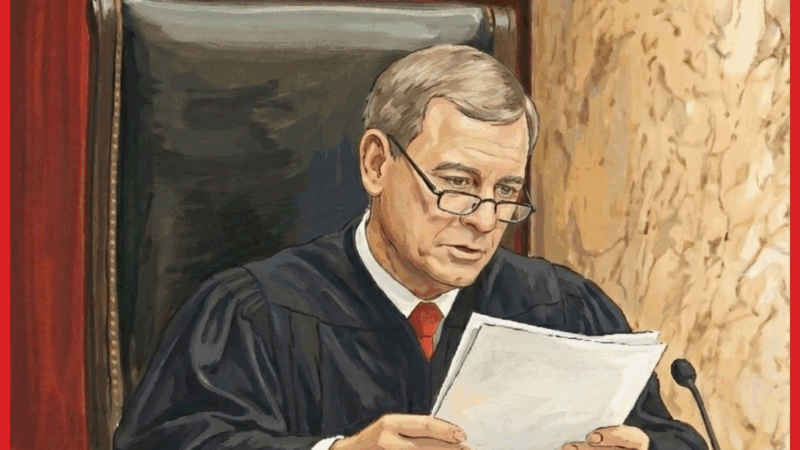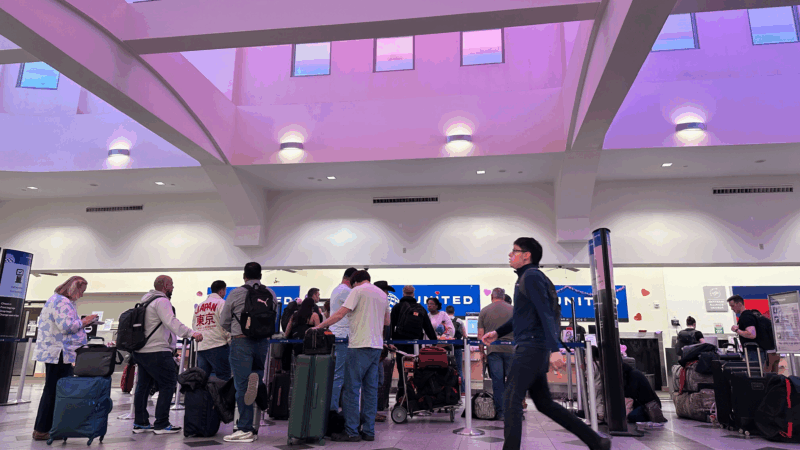Destroying endangered species’ habitat wouldn’t count as ‘harm’ under proposed Trump rule
The Trump administration is proposing to significantly limit the Endangered Species Act’s power to preserve crucial habitats by changing the definition of one word: harm.
On Wednesday, the administration proposed a rule change that would essentially prohibit only actions that directly hurt or kill actual animals, not the habitats they rely on. If finalized, the change could make it easier to log, mine and build on lands that endangered species need to thrive.
“Habitat loss is the biggest single cause of extinction and endangered species — it makes sense to address it,” said Brett Hartl, government affairs director at the Center for Biological Diversity. He called efforts to deny that cause “callous and reckless.”
“Any conservation gains species were making will be reversed — we’re going to see losses again,” he said.
Under the Endangered Species Act, it’s illegal to “take” an endangered species. By law, “take” is defined to mean actions that harass, harm, or kill species. For decades, federal agencies have interpreted “harm” broadly, to include actions that modify or degrade habitats in ways that impair endangered species’ ability to feed, breed or find shelter.
That interpretation has been a crucial part of how the Endangered Species Act has protected over 1,700 species since its passage in 1973, said Hartl. It’s helped preserve spawning grounds for Atlantic Sturgeon, allowing them to mate and sustain the population. It’s protected old-growth forests in the Pacific Northwest that house northern spotted owls and red-cockaded woodpecker, saving them from extinction.
In the 1990s, timber companies that wanted to harvest those old-growth forests challenged the government’s broad interpretation of harm. The Supreme Court ultimately upheld that interpretation in a 6-3 decision.
In a dissenting opinion, Justice Antonin Scalia disagreed with that interpretation. He argued that in the context of wild animals, “take” should be interpreted more literally, as an affirmative act directed against a particular animal, not an act that indirectly causes injury to a population.
The Trump administration cites Scalia’s argument in its proposal, saying it’s “undertaking this change to adhere to the single, best meaning of the ESA.”
Conservation experts argue it makes no sense to adopt such a narrow definition of harm. “If you’re a prairie chicken in the southwest, and there’s an oil and gas developer and they want to destroy your prime breeding display grounds, the bird can’t mate,” said Hartl.
“You’re not actually harming any of them directly,” he said, but the end result is essentially the same.
The public has 30 days to comment on the proposed rule change. The move will also likely be challenged in court.
AI brings Supreme Court decisions to life
Like it or not, the justices are about to see AI versions of themselves, speaking words that they spoke in court but that were not heard contemporaneously by anyone except those in the courtroom.
These monks’ walk for peace captivated Americans. It ends this week
A group of Buddhist monks walked from Fort Worth, Texas, to Washington, D.C., in the name of peace. The 108-day pilgrimage captivated Americans.
The airspace around El Paso is open again. Why it closed is in dispute
The Federal Aviation Administration abruptly closed the airspace around El Paso, only to reopen it hours later. The bizarre episode pointed to a lack of coordination between the FAA and the Pentagon.
‘Dawson’s Creek’ star James Van Der Beek has died at 48
Van Der Beek played Dawson Leery on the hit show Dawson's Creek. He announced his colon cancer diagnosis in 2024.
A Jan. 6 rioter pardoned by Trump was convicted of sexually abusing children
A handyman from Florida who received a pardon from President Trump for storming the U.S. Capitol on Jan. 6, 2021, was convicted on state charges of child sex abuse and exposing himself to a child.
A country-pop newcomer’s debut is your reinvention album of 2026
August Ponthier's Everywhere Isn't Texas is as much a fully realized introduction as a complete revival. Its an existential debut that asks: How, exactly, does the artist fit in here?






